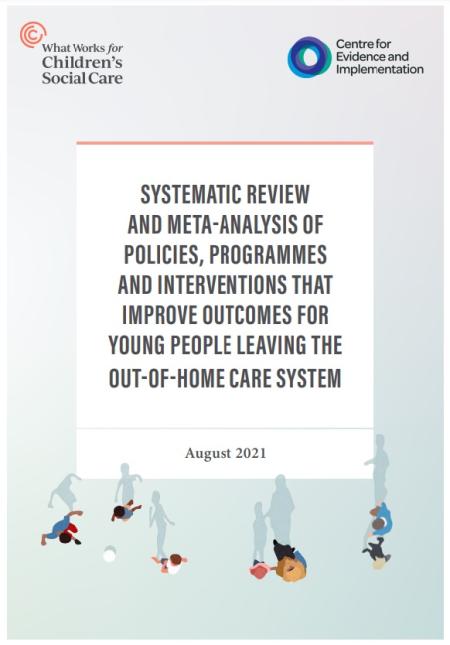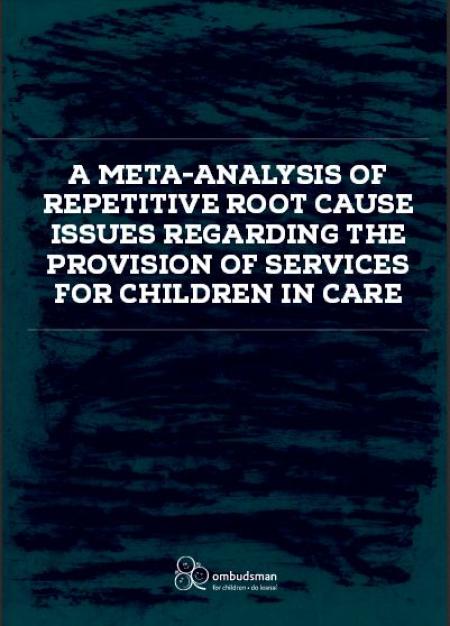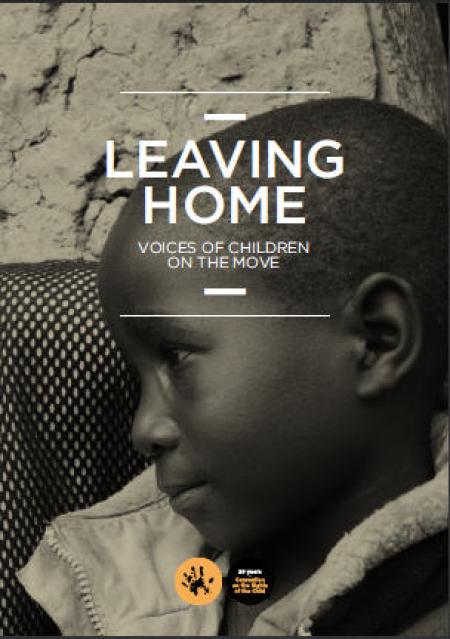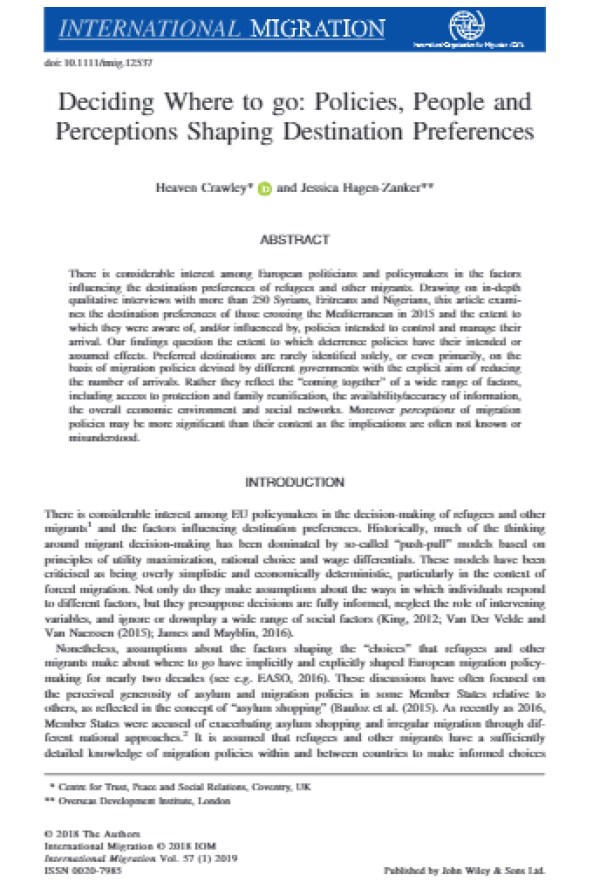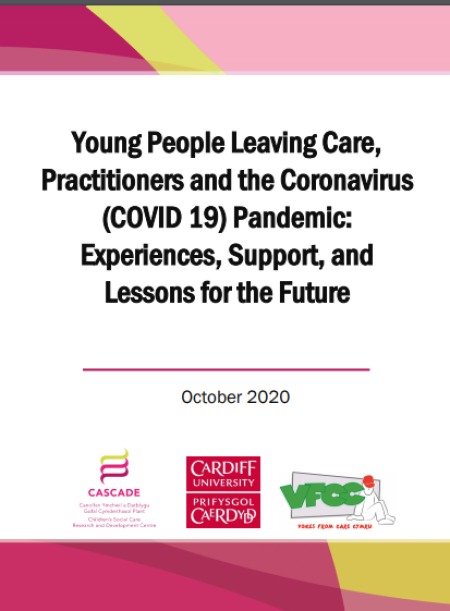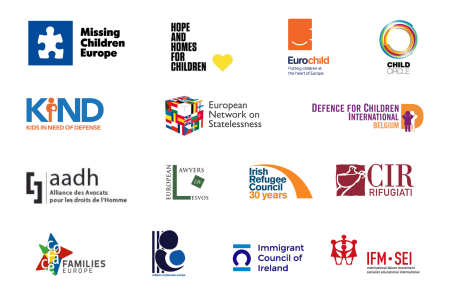
Youth who experience abuse and neglect by their parents or carers can be placed in out-of-home care (OOHC) where such a system exists.
These systems can be quite different, yet they have a few things in common according to What Works for Children’s Social Care’s review:
- children in OOHC are often the victims of childhood trauma;
- minimal standards of care are required;
- and financial and other support ceases when youth reach a certain age.
Young people who ‘age-out’ of OOHC face increased risks of poor outcomes, including homelessness, unemployment and substance abuse. A diverse range of policies, programmes and interventions exist worldwide that seek to provide help to young people as they transition from OOHC into independent living arrangements.
The review assesses the effectiveness of these policies, programmes and interventions through studies about young people aged 16-25, who had been in out-of-home care due to concerns about child maltreatment and who were leaving care and entering independent living arrangements. The reviewed measurements aimed to improve housing, health, education, economic and employment, exposure to violence, relationships and life skills outcomes for young people leaving care.
According to the study, there is little evidence that standard independent living services achieve positive outcomes on their own. However, they could be more beneficial when combined with other support services. The review claims that emerging evidence supports the idea of extending care, as it can improve outcomes across a number of domains.
Furthermore, the review notes it is too early to recommend a particular approach due to insufficient data and decision-makers in policy and practice need to work towards improving the quality of policies, programmes and interventions targeting young people leaving care and services.


